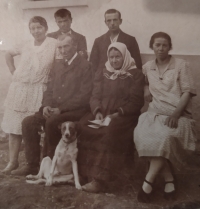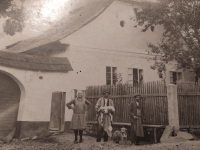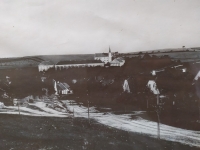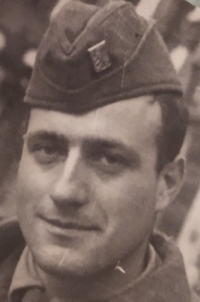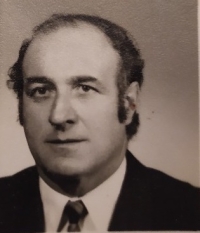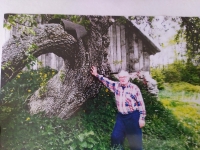If Stalin and Gottwald hadn’t died, we probably wouldn’t see dad anymore
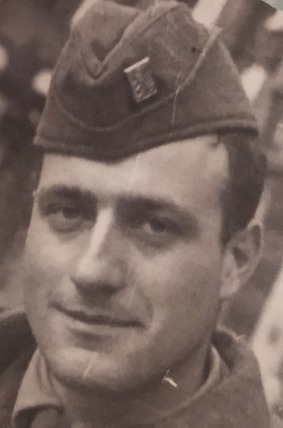
Download image
Josef Bruzl was born on July 1, 1936 in the village of Příseka near the town of Brtnice in Vysočina. He grew up on the family farm where his family had lived since the 17th century. The land area was 36 hectares of fields and forests. The witness’s father, Tomáš Bruzl, was arrested by the security forces in the autumn of 1952, subsequently convicted of failing to deliver agricultural supplies and imprisoned in the Jáchymov camps. In the spring of 1953, his father was released on amnesty and returned home in poor health. In the meantime, the family was forcibly evicted to nearby Brtnice, where they lived in poor conditions. He had to learn a trade and worked all his life as a locksmith on state farms. After the fall of the communist regime, his father was rehabilitated and in 1990 the authorities returned the devastated farm to the family as part of restitution proceedings. At the time of filming, Josef Bruzl lived in Příseka (January 2022).

